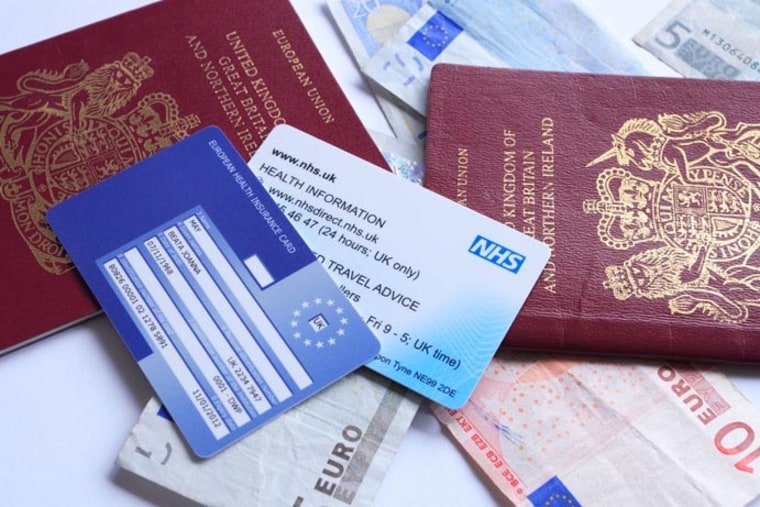It was a beautiful sunny day in Cancun, Mexico, last November when Cajya Darling awoke in her hotel room with a strange tightness in her chest, making it hard to breathe. The New Jersey native roused her husband, who went for help. “The doctor at the hotel gave me a nebulizer, but it didn’t work,” she recalls, “so I was taken to the hospital. After they did some tests they discovered that my right lung had collapsed.”
What happened from there was a nightmare. She was placed in the intensive-care unit, where she remained for nine days. “It was really scary,” she says. “No one spoke English. There was no TV, no clock, no windows. It was horrible.” Darling got to a Houston hospital thanks to Angel MedFlight, a medical flight company, and after a few days was able to return home—though got stuck paying tens of thousands of dollars in medical bills.
Unexpected illness is one thing. Avoiding serious injury is much more in a traveler’s control, says says Jeff Wise, Travel + Leisure contributing editor and author of the new book “Extreme Fear: The Science of Your Mind in Danger”.
“Think about the kind of situation you’re going to be in, what the worst-case scenarios might be, and how you’d be able to respond if they occur,” he says. “It’s astonishing how many times you read cases about people surviving near-catastrophe in the wilderness, and its clear that they hadn’t given any thought to what they were doing, and how it might get them into trouble.”
Fortunately, there are plenty of steps travelers can take in advance of and during their travels to minimize the financial costs and emotional trauma that often accompany serious and unexpected illness or injury in foreign countries.
Some of these steps are incredibly simple, yet can save essential minutes if an emergency occurs. For example, how do you dial 911 in Mexico? What about Thailand? Also, always travel with your health information, so doctors can easily find your blood type, allergies, and any medications you’re taking.
Others options, like arranging for Medevac flights, are more complicated—and expensive. Read your health insurance policy carefully. “People often think they don’t have medical flight coverage in their insurance policy, but a lot of times they do and just don’t know it,” says Jeremy Freer, CEO of Angel MedFlight, based in Scottsdale, Ariz. “Read the Emergency Medical Services section of your policy.”
Like the Boy Scouts say, be prepared. And it doesn’t hurt to have a good insurance policy.
